Online support groups helping members reach academic, financial, health goals
In the winter of 2023, Li Ying failed her graduate entrance exam and had two choices — find a job or try again.
The 23-year-old has a bachelor's degree in chemistry, and wants to become a teacher if she can obtain a master's degree.
Pulling herself together, Li decided to give the exam another shot. She set a study timetable and daily schedule, such as getting up at 6:30 am and walking for at least an hour after dinner to help achieve her goal.
To Li's surprise, she discovered that sharing her small steps online galvanized support from an army of peers facing the same struggles and challenges.
She documents her days preparing for the graduate entrance exam, due later this year, on the social media platform Xiaohongshu. The posts include pictures of her three daily meals, workouts, motivational tips and, most importantly, her study hours.
Li has hundreds of followers who are also preparing for the graduate entrance exam.
"I posted just to record my life during my days of preparation for the exam. I didn't know that my posts would foster a sense of community, where people experiencing similar situations hold each other accountable, share study materials, and offer support during setbacks," she said.
Preparing for the exam is "boring and challenging", Li said, because it is mainly about building confidence and self-discipline.
Li was born and grew up in Chongqing. She left her hometown at age 18 when she was admitted to a university in Beijing.
After failing in the graduate entrance exam she rented a small apartment in Beijing. Her parents support her financially, but she feels guilty about not passing the exam and still relying on their financial support.
She also questions her decision of taking the exam again since many of her friends and former classmates are in paid jobs and starting new chapters in their lives.
"I call my parents every day, and meet my friends from university occasionally. Most of the time, I am by myself, cooking, eating, shopping and going for a walk alone.
"With those people on social media whom I have never met, and who are living similar lives, going through similar struggles, and most importantly understanding one another, I feel that I am not alone. We can get through this together," she said.
Helping hands
From Xiaohongshu to WeChat groups, a burgeoning community of individuals, predominantly millennials and Gen Z, are using social media not only to showcase their lives but also to motivate each other and provide support systems.
Like Li, Zhou Ziwen also resorted to social media platforms when she was preparing for her graduate entrance exam last year. She is now pursuing a master's degree with a computer science major at a university in Chengdu, Sichuan province.
Drawing on her own experiences, Zhou, 27, has launched 25 WeChat groups to help people who are preparing for upcoming entrance exams. Over 1,000 people of different ages and various majors have joined the groups. Some of them are still working, while others are preparing full-time for the exam.
"Without my 'virtual friends', I would have spent hours staring at my phone or watching short videos at home since I was easily distracted," recalled Zhou of the hurdles she faced studying alone for the entrance exam.
"When you don't have a job and live alone, it's not easy to stick to a routine."
In 2019, Zhou moved from her hometown in Hubei province to Beijing to work for an accounting company. She said for most of her life she had lived with either her parents or classmates and friends, and had never thought about living alone.
She quit her job in 2022 and decided to take the annual graduate entrance exam, hoping to secure a higher paid job.
"The difficulties of living alone are not related to problems like how to cook or how to do housework. For me, it is about facing loneliness and maintaining self-discipline," she said.
After quitting her job, Zhou said she had a lot of free time, which she had planned to fill with daily workouts, learning English, and other activities. "However, after a couple of weeks staying alone, my life turned into a mess. My plan for preparing for the exam had broken down," she said.
Zhou said she was easily distracted by watching videos and TV shows, and she wasn't really happy.
"I just needed to hear some noise," she said. "When night came, I'd lie on my bed and review the day and I'd feel guilty because I'd done nothing," she said.
Looking for a positive influence, Zhou found like-minded people on social media platforms in similar situations.
The first thing she did was stop blaming herself and feeling guilty. She realized that occasionally enjoying "lazy time" was not too bad, especially when she was facing the huge pressure of preparing for the entrance exam.
"With the encouragement from people on social media, I posted my study results every day and set goals for my daily study, such as memorizing 20 English words and phrases every day," said Zhou, who now encourages people in her WeChat groups to daka what they learn every day.
The expression daka is a popular millennial term referring to marking a visit to a hot tourist destination by posting on social media.
In Zhou's WeChat groups, daka allows members to showcase what they learn to the others, which helps motivate them to learn. Most importantly, Zhou said, it's a way for people to mark their study results every day and stick to their plans.








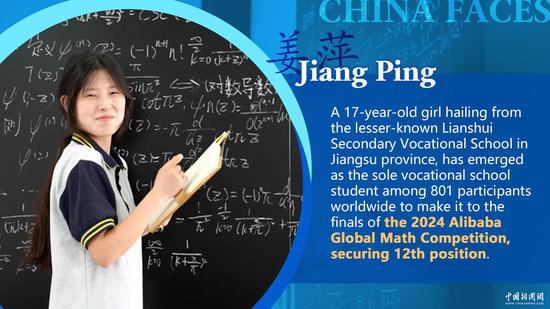








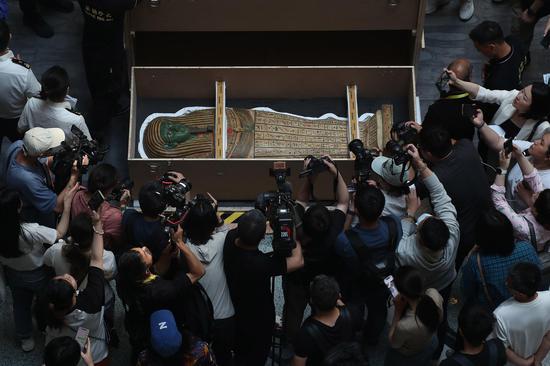

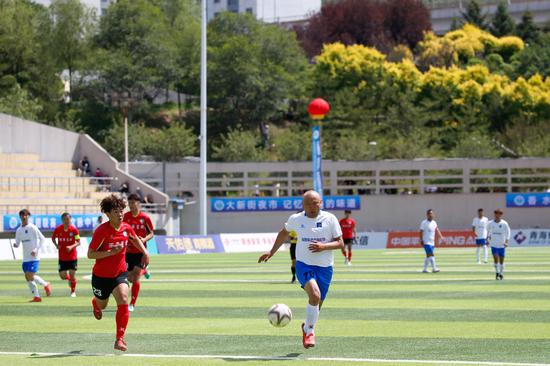













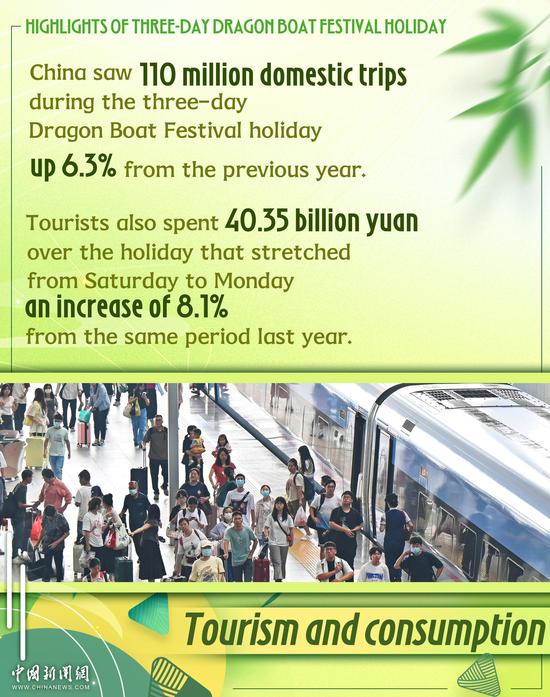


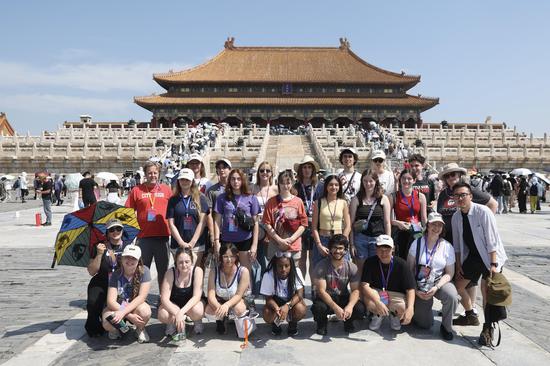





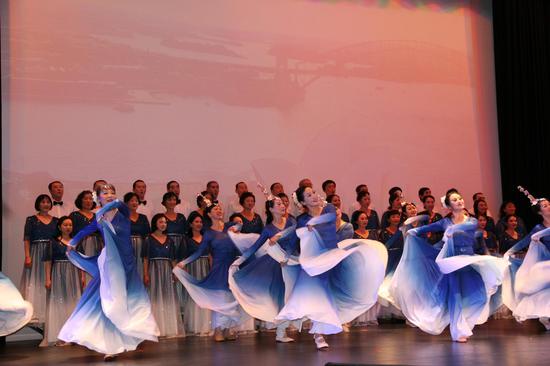
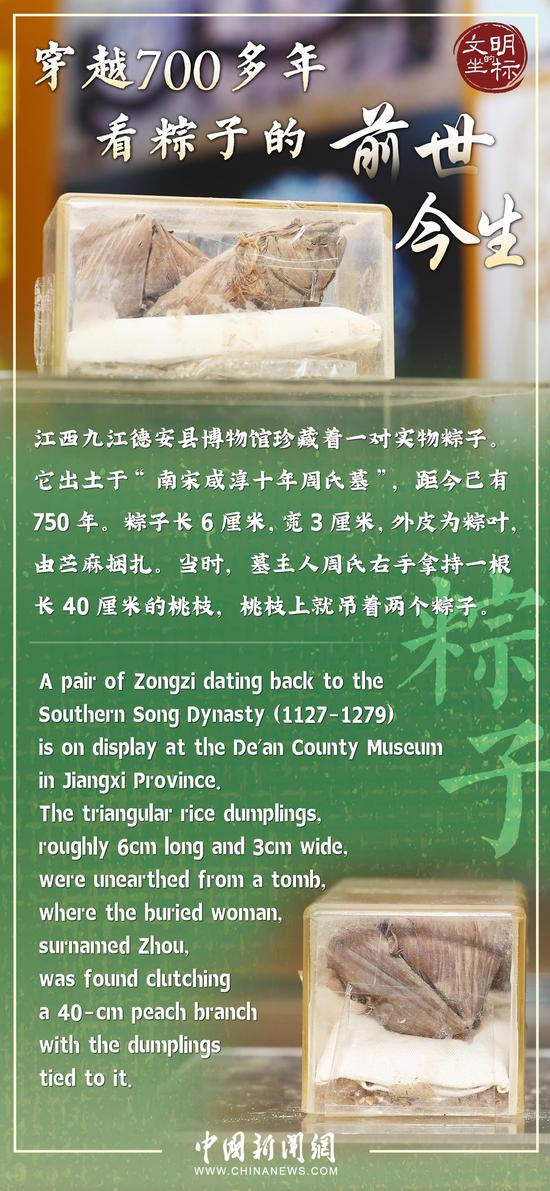






 京公网安备 11010202009201号
京公网安备 11010202009201号